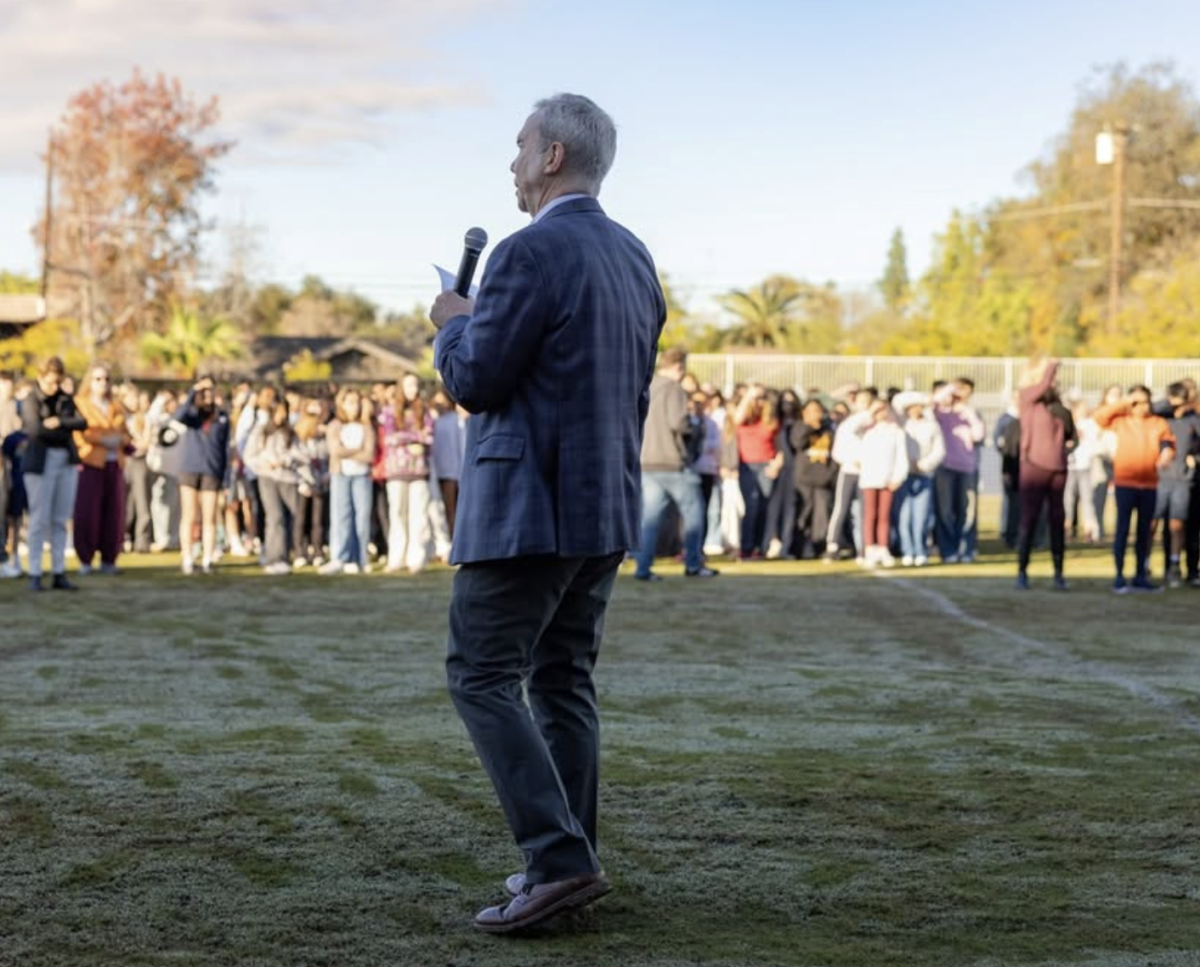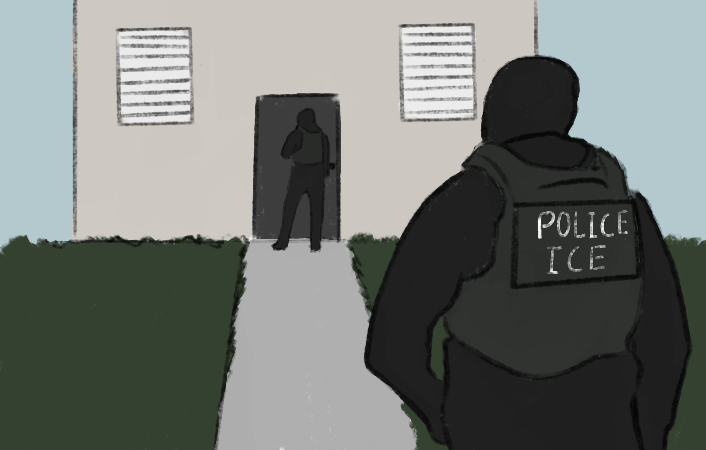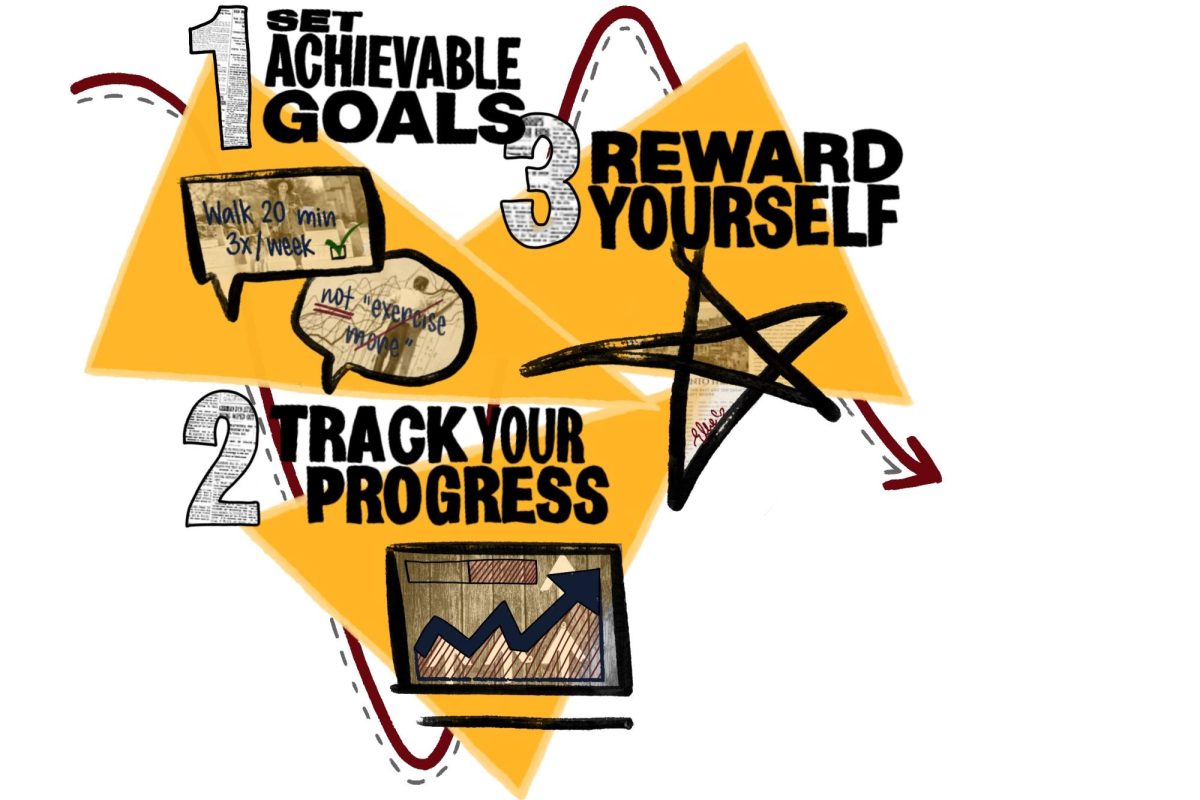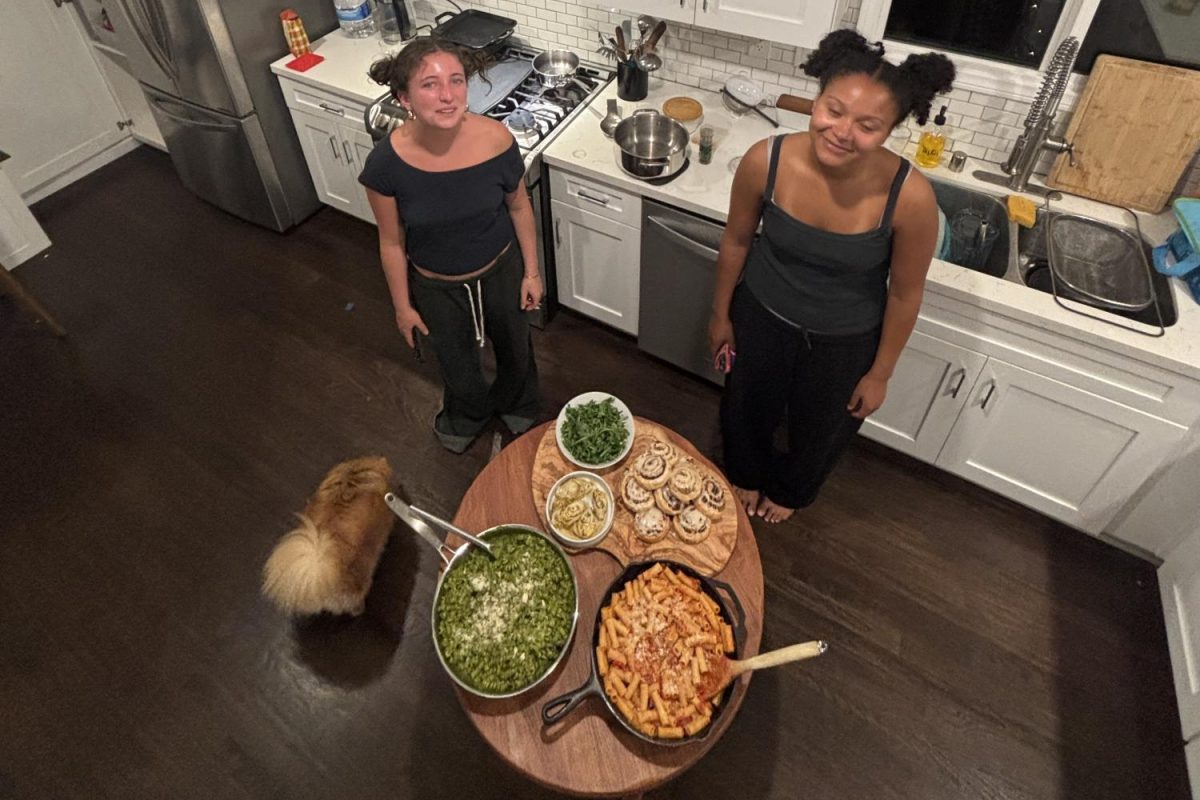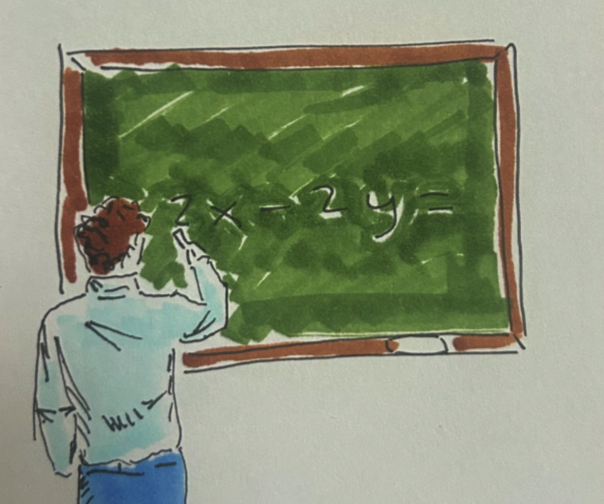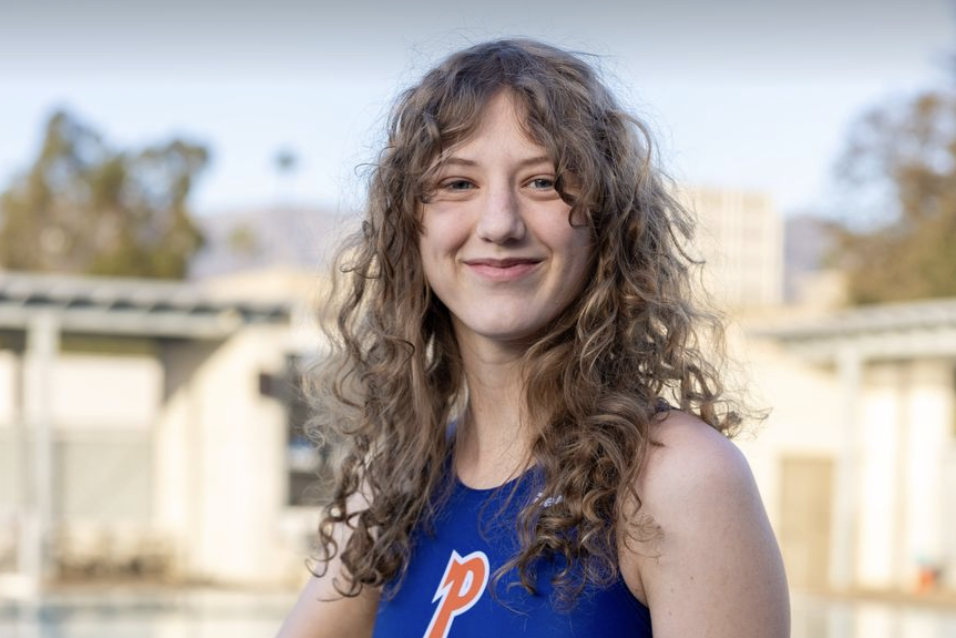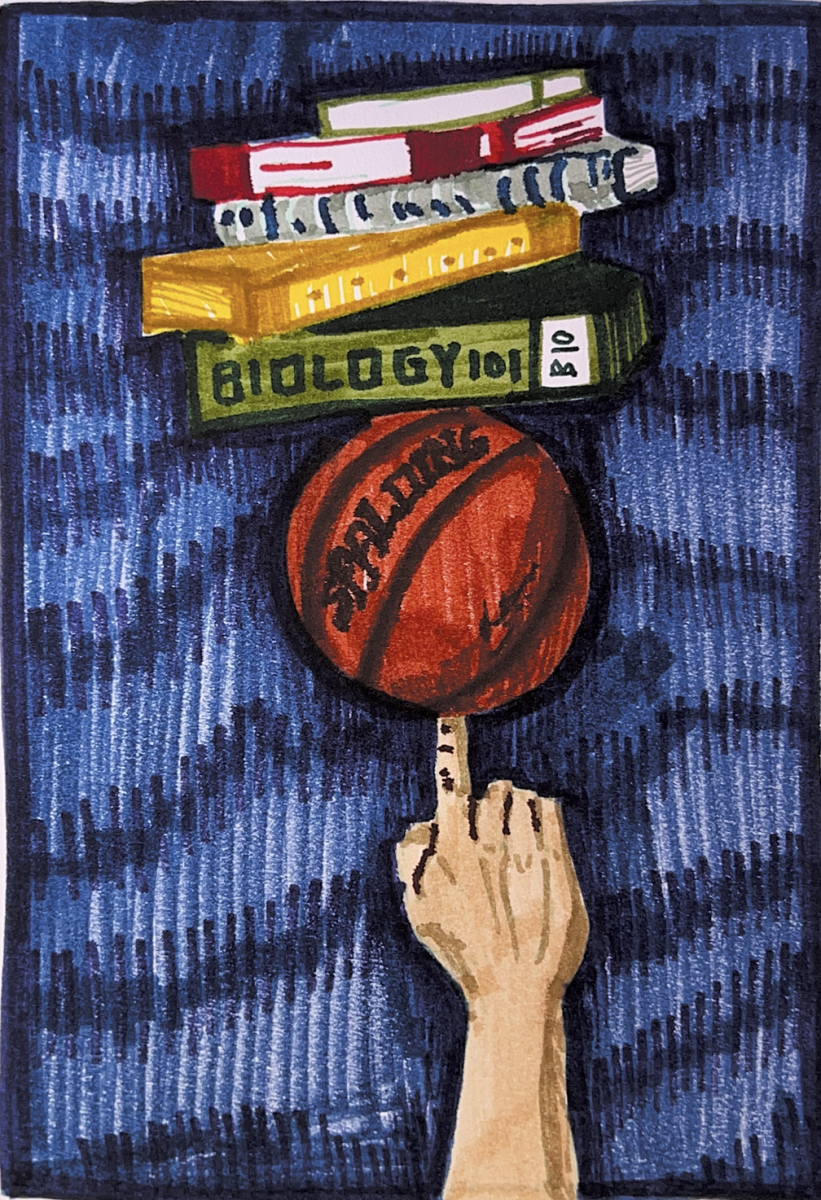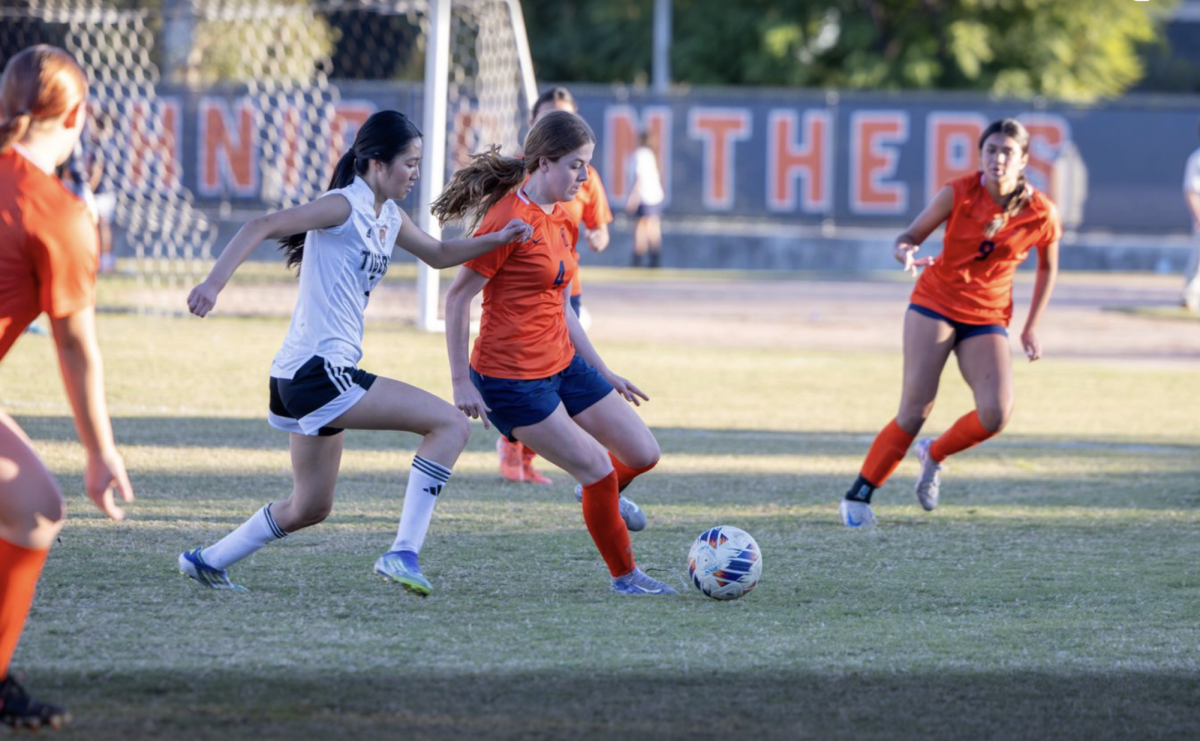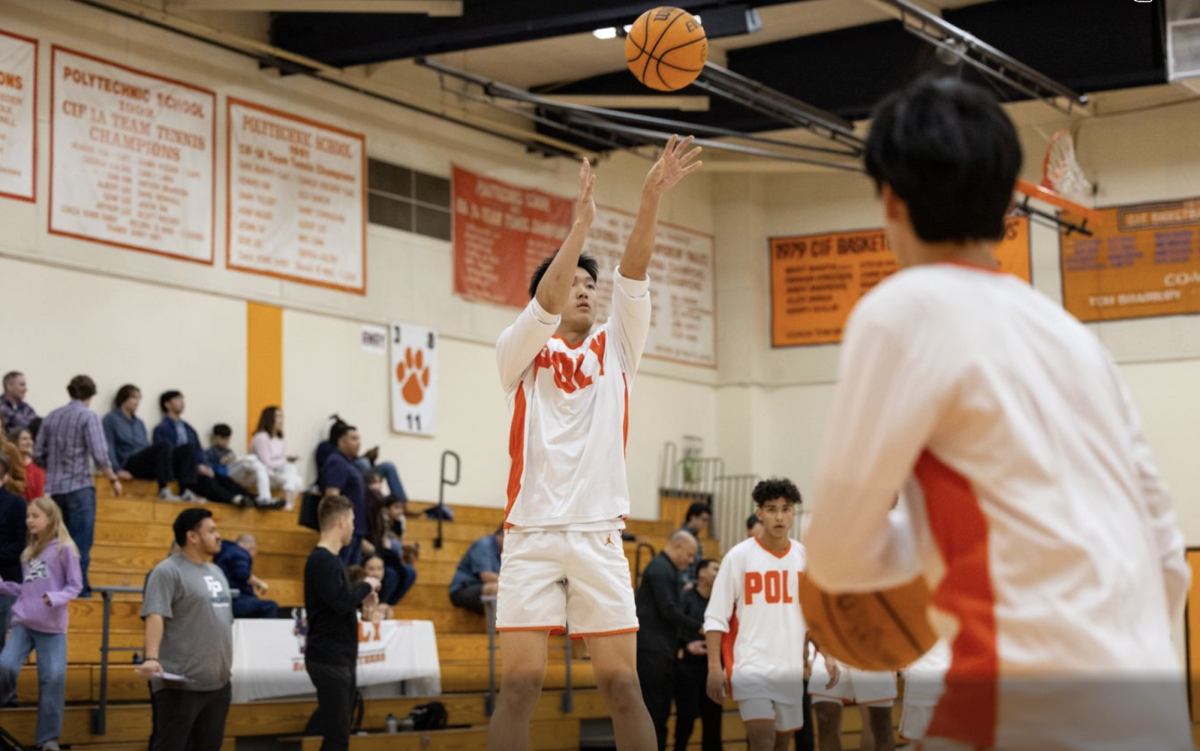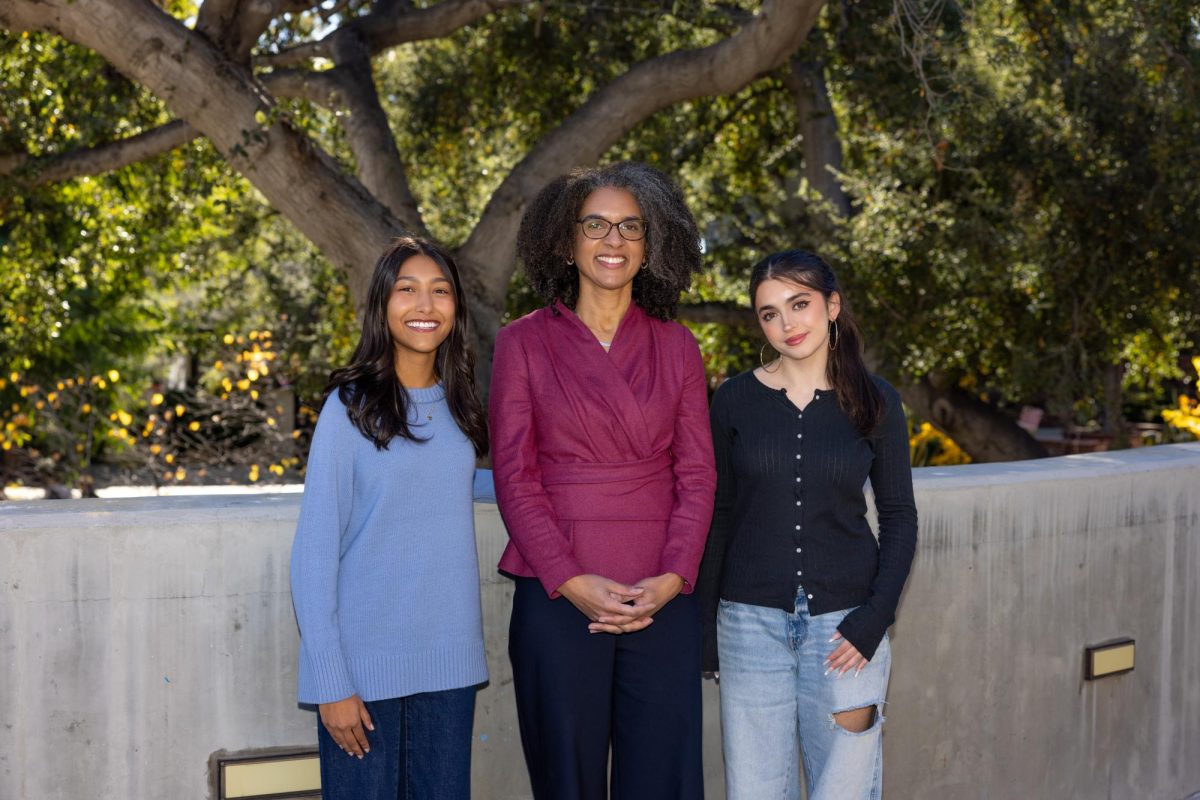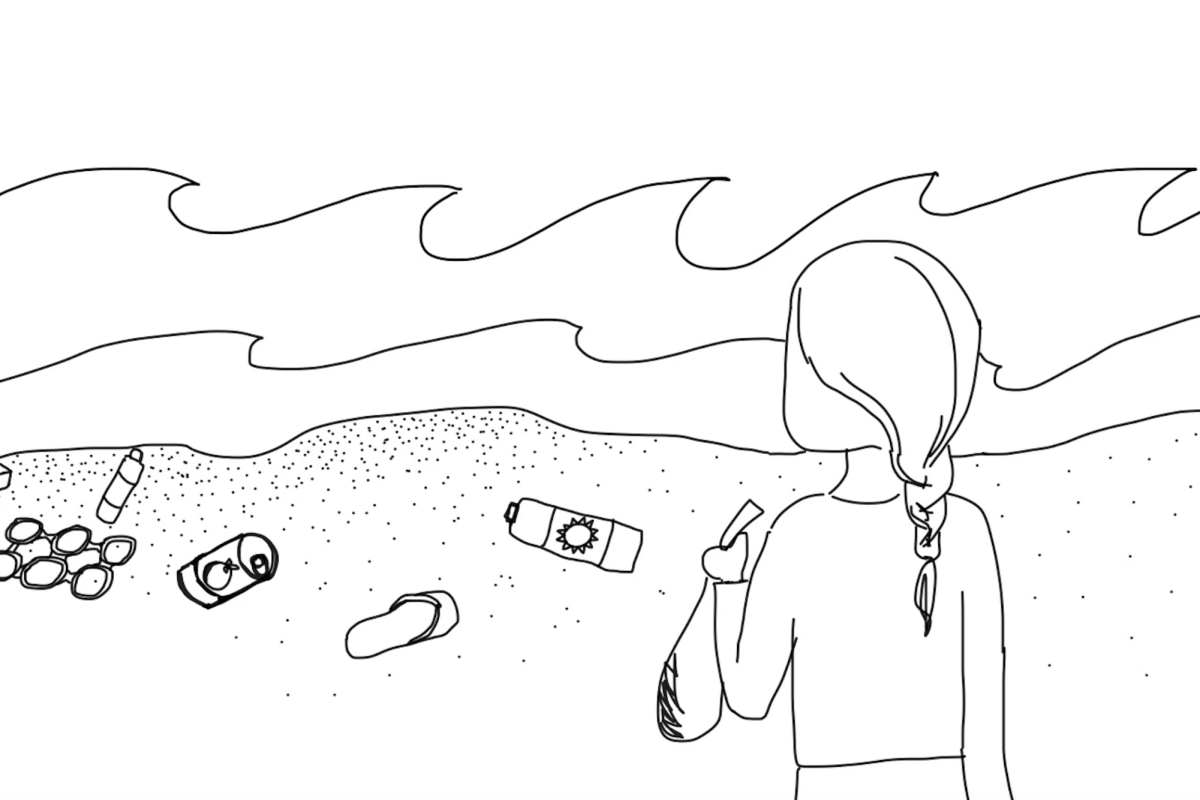Now that most schools require community engagement credits to graduate, including Pasadena Unified School District, which implemented a forty-hour quota, students walk through the motions of volunteering without creating lasting relationships with organizations or cultivating an actual desire to help their communities. Instead of taking advantage of Poly’s relationships with outside philanthropies, students often fail to realize the personal benefits that emerge from volunteering: new social responsibility, a sense of purpose, more profound connections, gratitude for surroundings, and face-to-face interactions with others you don’t usually meet.
I’ve volunteered through various organizations, including Girl Scouts, National Charity League and Poly’s community engagement program, each with individual tracking systems. I’ve felt that Girl Scouts’ log-to-the-minute and National Charity’s hourly method, both with no reflection, only motivates me to reach the minimum time threshold and check off the boxes inside the log chart. I’ve also noticed these nonprofits have created web designer or social-media manager roles as volunteer opportunities, which doesn’t allow volunteers to reap the benefits of face-to-face interactions in different environments.
In contrast, Poly’s community engagement program connected me to volunteering at Huntington Hospital, something I am excited by, where I converse with patients and serve in a field I envision myself eventually working in. By pushing me to volunteer consistently with one philanthropic group, Poly helped me become acquainted with the nurses and patients in my unit and build on my previous skills from the past weeks to compile a more complex skill set, which I couldn’t have accomplished without being a weekly volunteer.
Renée Larios, Poly’s Community Engagement Coordinator, and the Upper School Community Engagement Council (US-SCEC) noticed a change in student motivation coming out of the pandemic in 2021, so the council has worked to encourage students to become involved in the community in genuine and sincere ways.
They replaced Poly’s old system of a 36-hour graduation requirement with significant experiences in order to help students to form more meaningful bonds with organizations. A significant experience consists of attending pre-meetings and post-meetings along with serving at a major event in order to learn more about the root cause of a problem or issue from local advocates. Alternatively, a significant experience can consist of a student serving one nonprofit three times, which allows them to contribute more throughout their time than a new volunteer could.
The Poly community engagement program introduces ninth graders to nonprofits and gives them built-in school time to complete two significant experiences during freshman year. Once they’ve familiarized themselves with the process, students are then required to accomplish four significant experiences by sophomore year and five by junior year; this way, they’ve bonded with an organization that resonates with their personal goals or are prepared to lead their own significant experience by their senior year.
After each significant experience, students must also complete a thoughtful reflection on their experience and the insight they’ve gained throughout that time on the app MobileServe. Larios and the US-SCEC have also created criteria to guide students in brainstorming and advocating for long-term solutions to systemic problems. With this improvement, students are widening their perspectives of the world and can see the meaning and importance of their work.
Larios said, “We want students to use their voice and contacts to show their understanding and empathy, opening up their hearts and seeing they are a part of a bigger community.”
The shift to significant experiences has been successful, with an increase in students finding community involvement opportunities they enjoy, reflections that show a deep connection to improving our surroundings and personal projects that continue and last beyond a graduation date. I hope students continue to support local nonprofits, supported by the hard work and dedication of Larios and the US-SCEC.

